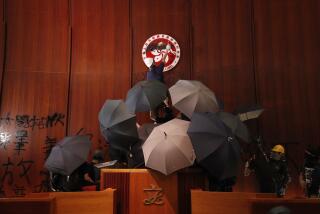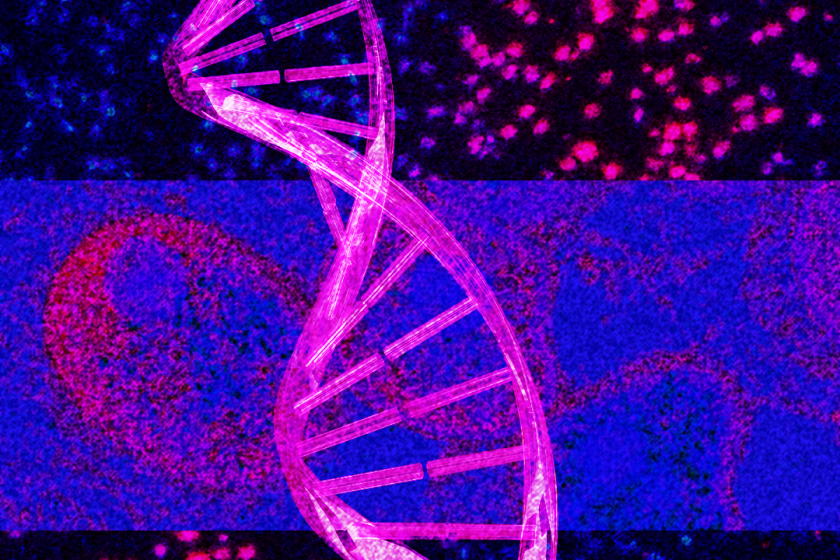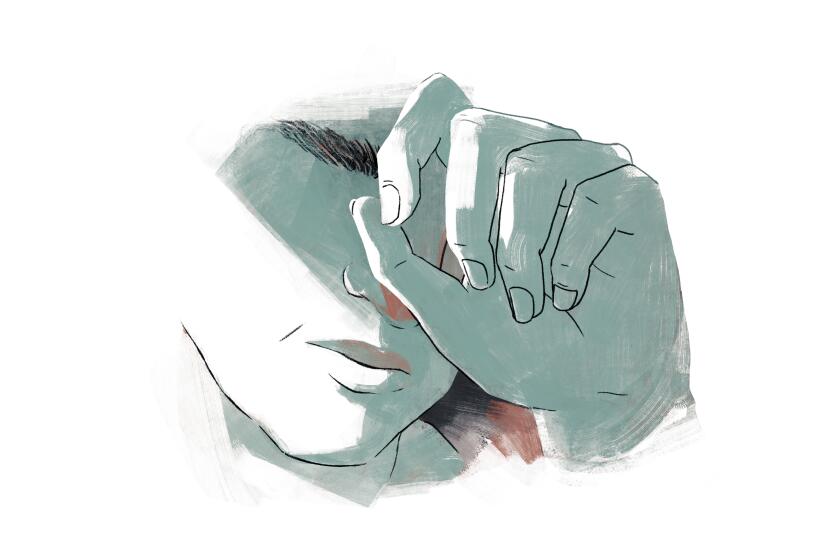Tough Curbs for Hong Kong Draw Opposition
Hong Kong’s future government’s plans to strengthen legal controls over political parties and demonstrations are drawing sharp reaction from friends and foes alike.
The incoming administration invited public comment on the controversial proposals unveiled Wednesday, saying it will consider changing the draft legislation based on the feedback.
The plans include banning political parties from maintaining any links with foreign organizations or receiving money from abroad and requiring all demonstrations to be approved by police in advance.
Responses were as sharp as they were swift. The territory’s largest pro-democracy group staged an impromptu march on the headquarters of the government-in-waiting Thursday--a demonstration that would be banned under the new rules, which would take effect after Hong Kong reverts to Chinese rule July 1.
The leader of the Democratic Party, Martin Lee, said during a visit to Washington that the proposed laws are aimed at his group because China knows that the party has wide popular support. The Democrats have the most seats in Hong Kong’s legislature.
“They are so afraid of us because we have the support of the people of Hong Kong,” he said. “They will do anything to stop us.”
Lee is in the United States on a fund-raising tour and has collected nearly $320,000. Under the proposed laws, receiving such overseas donations would also be illegal.
Gov. Chris Patten weighed in with a 22-page rebuttal to the planned changes put forward by Tung Chee-hwa, who will replace him as Hong Kong’s top official after the hand-over.
While opposition was expected from Patten and the Democrats, who are established critics of China’s moves to roll back civil liberties, even members of the pro-China camp voiced doubts about the changes.
A senior official from Tung’s office struggled to rationalize the proposals, which were proffered after China’s parliament, the National People’s Congress, decreed in February that Hong Kong’s public order laws were not strong enough and must be replaced July 1 to avoid chaos during the transition period.
“You should not interpret this to mean we seek to justify the decision of the NPC; we just try to face the problem,” he told foreign reporters. “It is not my wish to open this can of worms, and you might come to the conclusion that we have been clumsy about it.”
Selina Chow, who represents the Liberal Party in both the elected Legislative Council and the China-backed body that will replace it July 1, said that restricting demonstrations would be a step backward for Hong Kong and objected to the reasons police would be allowed to use for banning them.
“The definition of terms like ‘national security’ is very frightening,” she said on Hong Kong radio, referring to China’s citation of “national security” grounds to jail dissidents, “and I think that Hong Kong people will be very worried by them.”
Currently, organizers must notify police ahead of a demonstration, mostly for traffic control considerations, a police spokesman said. But the police do not refuse requests for political reasons.
One of Tung’s top Cabinet members, property surveyor C.Y. Leung, said the proposed changes are nothing to fear, and he criticized those who “always find a dark motive associated with any action of the Chinese government.”
More to Read
Start your day right
Sign up for Essential California for news, features and recommendations from the L.A. Times and beyond in your inbox six days a week.
You may occasionally receive promotional content from the Los Angeles Times.






